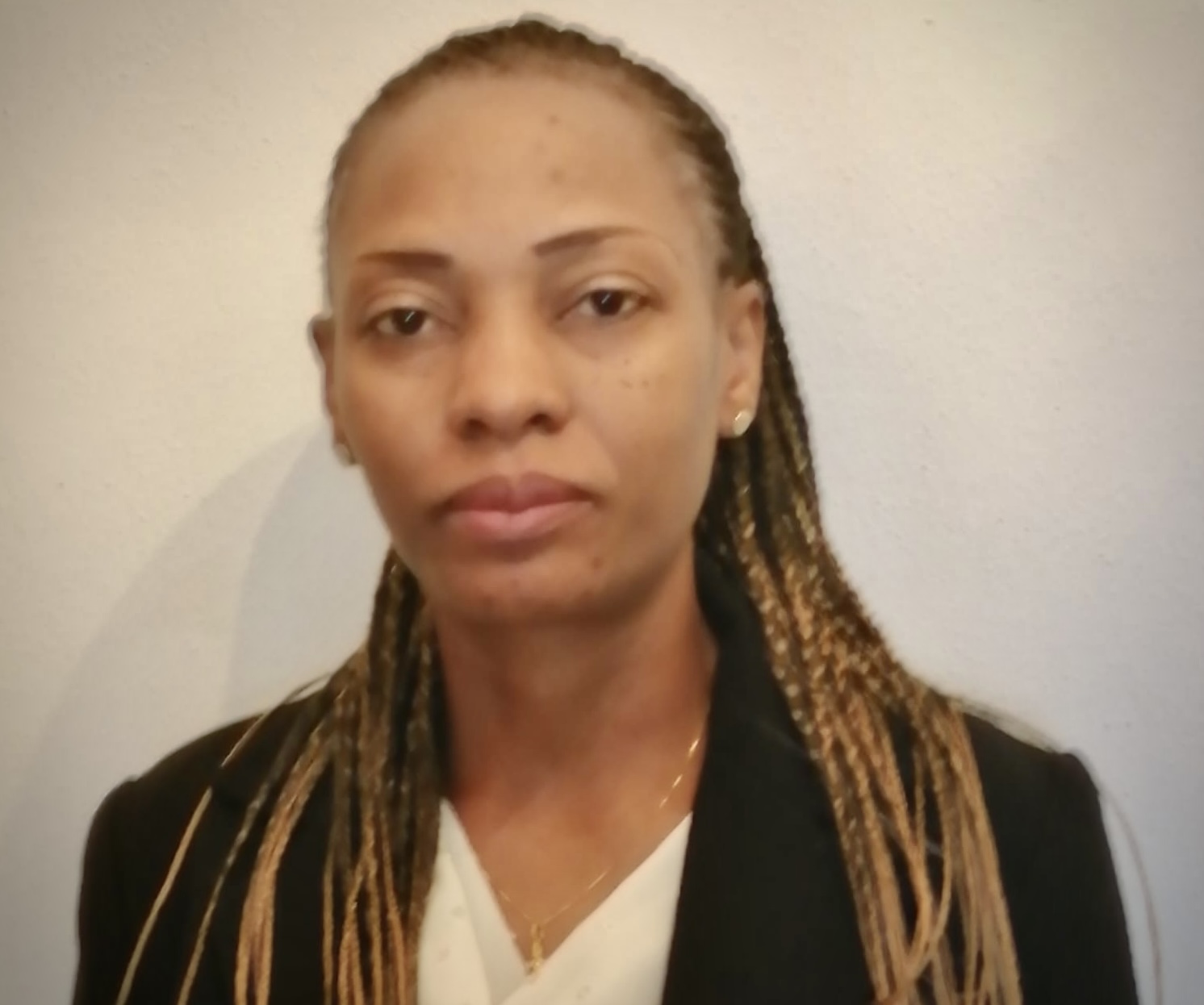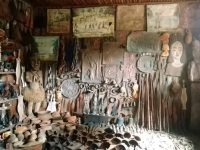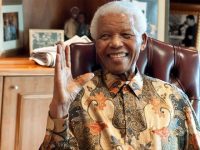Focus on Africa decided to interview Cyrie Sendashonga, the widow of the late Rwandan Minister…

Day for the Elimination of Violence against Women, Balagizi: it is utopia in Africa
On the occasion of the International Day for the Elimination of Violence against Women, Focus on Africa chose to give an interview with the Congolese Marie-Jeanne Balagizi, born in 1979 in Bukavu, coordinator of the Women’s Europe Francophone Women’sNetwork for the Sustainable Development Goals.
Madame Balagizi, Congo is a country where women have suffered a lot: can you tell us about the events of the last thirty years?
The situation of insecurity linked to armed conflicts has been aggravated once again in recent months; while the country prepares for elections on December 20 of this year, we already count almost 13 million Congolese who have died in these 27 years of wars, they are men, women and children who have been torn from this land in a barbaric way, with almost 6.9 million people displaced. Within the country, the health and humanitarian situation is only getting worse, as can be seen in the unhealthy and overcrowded camps in Togo.
What are the most widespread violence?
The eastern Congo remains prey to hundreds of armed groups that control the territory and especially the mining areas. They attack villages, kill in a barbaric way even with melee weapons, rape girls and women, sow terror and make populations run away. We point out that conflicts with weapons affect women differently than men: during conflicts it is women who pay the heavy price of war. If in Somalia and Nigeria the bodies of girls have often been used as a weapon of rape by terrorists who use them as kamikaze, in Congo the body of the woman has been and still is used in armed conflict as a battlefield, through the use of rape and sexual violence as a weapon of war to destroy and annihilate society. Several women lost their lives as a result of sexual violence, many contracted HIV through rape, many were still mutilated; women in some cases were buried, others were disappeared and others still live in the exc… Congolese women and girls have suffered and continue to suffer today due to endless wars. In general, the situation of Congolese women is very worrying, due to the widespread poverty that afflicts the country, the low rate of schooling of women and girls, early marriage, etc. Women have been suffering because of the mismanagement of the country for decades and because of cultures that do not allow the emancipation of women. The law declares gender equality, but in practice women are not very represented in positions of responsibility and decision-making; a very large number of women do not have a decent job, which makes poverty very feminine. The persistence of conflicts and especially violence against women and girls in the Democratic Republic of Congo is due to the inability of the Congolese state to enforce the rule of law in the east of the country. In this part of the country there are areas of legal vacuum and economic circuits of export of raw materials such as gold, coltan, diamond, etc., of which the country is very rich, and which are beyond the control of the central government. Thus, the armed groups, today about 120, take advantage of this emptiness, impose themselves in these spaces and on the population that they tax, brutalize, kill, massacre and rape.
How the armed groups finance themselves?
By taking advantage of the illegal sale of minerals in neighbouring countries and collaborating with some multinationals operating in illegal economic circuits, these armed groups manage to procure weapons and ammunition for their survival. In order to gain revenue, these armed groups developed complicity with local authorities or some agents of the central state. In this chaos, Congolese soldiers are sometimes demotivated, because they are not paid enough and they are too irregularly so, which is not the case with foreign soldiers deployed in the eastern Congo. This situation of insecurity benefits several actors, first and foremost the armed groups, but also the illegal economic networks that exist in the Great Lakes region and internationally; they take advantage of this situation and have no interest in changing things. In this state of affairs, it is the population that loses: the population is tired of this war and a situation of insecurity that has lasted for over 27 years. Today the Congolese need peace more than ever: the current Congolese government, several civil society movements, our Nobel Peace Prize winner, Dr. Mukwege, as well as different networks of Congolese and African women, all over the world and mainly the French-speaking African Women’s Network for Sustainable Development Goals (RFAF/SDG) that I represent in Europe, call on the international community to intervene for peace in Congo. With 13 million deaths, the genocide takes place in eastern Congo under the silence of the international community. This silence is a complicity with the atrocities and crimes committed in the Congo. If, despite the presence of Monusco (United Nations Mission for Stabilization in the Democratic Republic of the Congo), killings, massacres of populations, rapes and sexual violence have multiplied, we must ask ourselves today, after more than 21 years of presence in Congo, whether the UN has really achieved its goal of peacekeeping in Congo and if not, we must ask ourselves why this mission failed to maintain peace, because in some territories there have been massacres not far from the Monusco bases where sometimes men, women and children have been burned alive or killed with the machete without the help of the Monusco or the Congolese army. If we see the failure of Monusco on the one hand, we also see on the other the failure of the various Congolese governments, which have succeeded one another since the beginning of hostilities until today and which have never made the issue of security in the east of the Congo one of their priorities; the military measures recently adopted by the current government are not enough to meet the challenge, demonstrating that despite the state of siege in North Kivu and Ituri, the massacres and the illegal exploitation of minerals continue. The Congolese state must address the root causes of conflicts and in particular the activism of armed groups, the recruitment of children, the illegal exploitation of minerals, rape and gender-based violence, the increase in tribalism and incitement to hatred; the Congolese state must implement a program of disarmament, demobilisation, recovery and stabilization of communities. In a state where serious human rights violations have been committed, a court is needed to punish the perpetrators and do justice to the victims, the millions of people killed, the women raped and all the other victims of the war.
What can the international community do in concrete terms?
We call on the UN to implement the report of the cartography project which made it possible to make an inventory of the flagrant violations of human rights, the places where they were committed and their perpetrators between 1993 and 2003. This report has remained in the UN archives. To dissuade the current perpetrators, we must punish all those who have contaminated their hands with the blood of millions of Congolese. We need a non-politician justice, but a free and independent justice that punishes the true perpetrators of the crimes: they are known and carry out their activities to this day. Congo needs peace, Congo needs justice, the Congolese need above all the international community to support this fight so that economic and selfish interests do not take over human rights.




